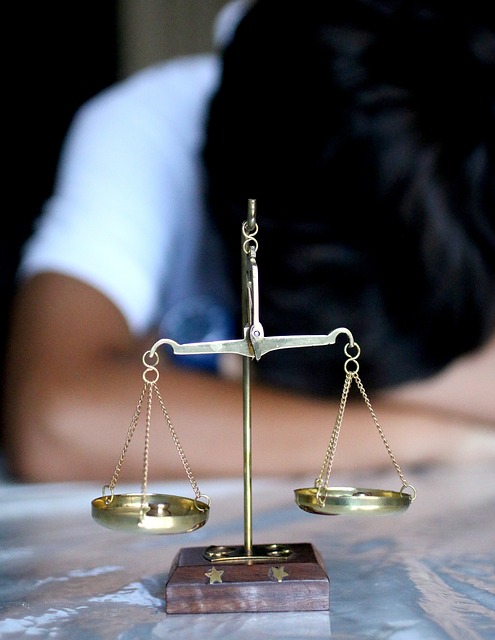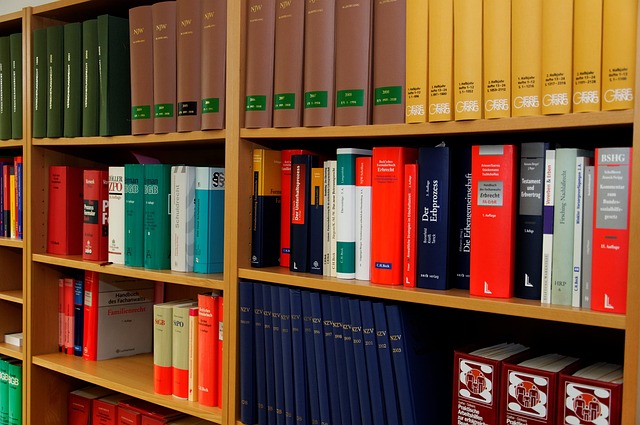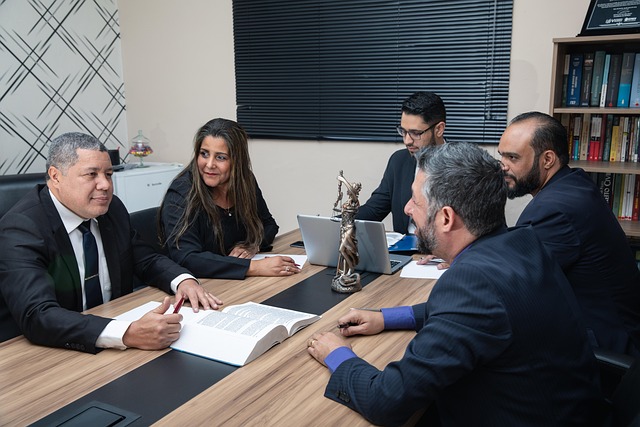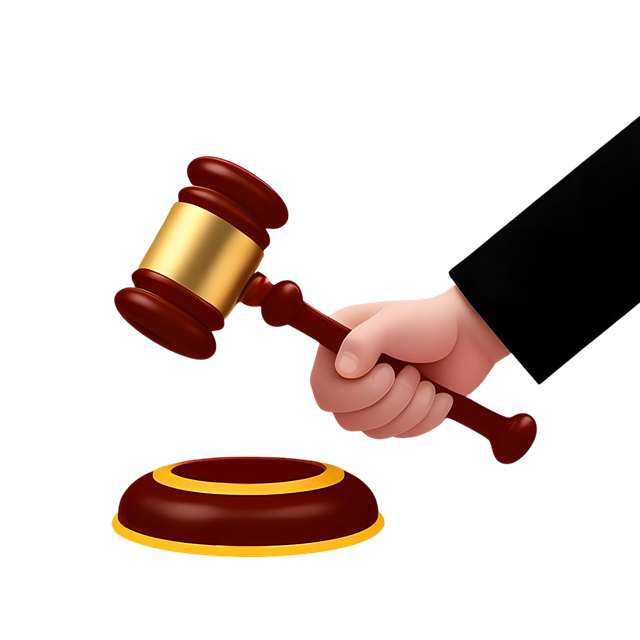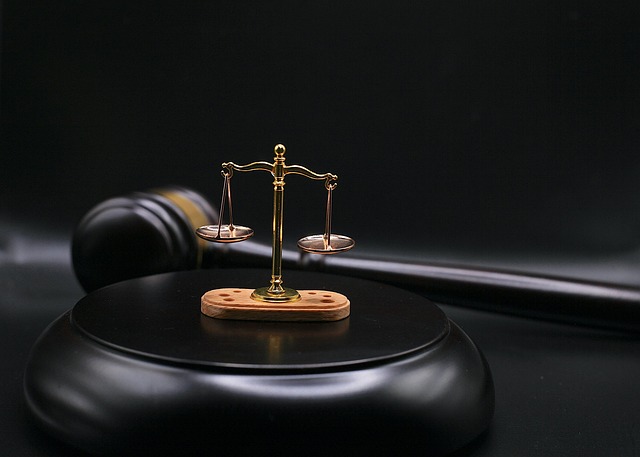
Category: Aurora Criminal Defense
Aurora Criminal Defense: Navigating the Complexities of Legal Protection
Introduction
In the intricate web of modern legal systems, ‘Aurora Criminal Defense’ emerges as a specialized field, offering crucial support to individuals accused of criminal offenses. This comprehensive guide aims to unravel the multifaceted aspects of Aurora Criminal Defense, providing insights into its historical evolution, global reach, and the significant role it plays in ensuring justice. By exploring various facets, from policy implications to technological innovations, readers will gain a profound understanding of this dynamic area of law.
Understanding Aurora Criminal Defense: Unveiling the Core
Aurora Criminal Defense refers to the collective strategies, legal tactics, and expert interventions employed to safeguard individuals facing criminal charges. It encompasses a wide range of services, including but not limited to, legal representation, investigation, evidence analysis, and strategic planning. The primary objective is to protect the rights of the accused, challenge the prosecution’s case, and ultimately achieve a favorable outcome in court.
Historically, the concept has its roots in the need for specialized legal assistance as criminal laws and procedures became increasingly complex. Over time, it has evolved into a robust system designed to ensure fairness and due process. Central to Aurora Criminal Defense are several key components:
-
Legal Representation: Lawyers specializing in this field provide guidance, interpret laws, and advocate on behalf of the client. They navigate the intricate rules of criminal procedure, ensuring the accused’s rights are respected.
-
Investigation: Thorough investigations are pivotal to building a solid defense strategy. This involves gathering evidence, interviewing witnesses, and scrutinizing the prosecution’s case to identify weaknesses or discrepancies.
-
Evidence Analysis: Experts in forensics, ballistics, and other specialized fields analyze physical evidence to provide crucial insights that can sway the court’s decision.
-
Strategic Planning: Defense attorneys devise tailored strategies, considering the unique circumstances of each case. This includes deciding on plea bargains, managing media relations, and planning courtroom presentations.
Global Impact and Trends: A World-Wide Network
The influence of Aurora Criminal Defense extends far beyond national borders, shaping legal practices worldwide. Several factors contribute to its global impact:
-
International Legal Collaboration: With increasing globalization, legal professionals often collaborate across borders to handle complex cases. This exchange of knowledge and best practices has led to the adoption of similar defense strategies in different countries.
-
Human Rights Advocacy: Aurora Criminal Defense plays a vital role in promoting human rights by ensuring fair trials and protecting individuals from arbitrary or unjust prosecution. International organizations and activists often draw on its principles to advocate for legal reforms globally.
-
Technological Disruption: The digital age has brought about significant changes, with online platforms facilitating the spread of information. This has both challenges and opportunities for defense attorneys, who must now navigate cyberlaw and digital evidence.
Regional Trends:
-
North America: The United States and Canada have well-established Aurora Criminal Defense systems, characterized by robust public defender programs and a strong emphasis on indigent legal services.
-
Europe: European countries exhibit diverse approaches, with some focusing on severe punishment while others prioritize rehabilitation and social reintegration. The European Court of Human Rights plays a pivotal role in shaping criminal defense practices across the continent.
-
Asia Pacific: Rapidly developing economies in this region are witnessing significant changes in criminal justice systems, often influenced by traditional legal cultures and modern technological advancements.
Economic Considerations: Market Dynamics and Impact
The economic landscape of Aurora Criminal Defense is multifaceted, reflecting its critical role in society. Here’s an analysis:
-
Legal Services Market: The market for legal services related to criminal defense is substantial, with varying rates based on the complexity of cases and the expertise required. According to a 2021 report by Legal Times, the US criminal defense market is estimated to be worth over $20 billion.
-
Investment and Funding: Private law firms and specialized criminal defense practices attract significant investments, allowing them to build robust teams and resources. Government funding also plays a critical role, ensuring access to legal aid for those who cannot afford private representation.
-
Economic Impact: Effective Aurora Criminal Defense contributes to a fair and stable economy by maintaining the rule of law. It helps prevent wrongful convictions, reduces recidivism rates, and promotes public trust in the justice system. A study by the RAND Corporation suggests that investment in criminal defense services can lead to cost savings for societies due to reduced prison populations.
Technological Advancements: Revolutionizing Defense Strategies
Technology has been a game-changer in Aurora Criminal Defense, offering both tools and challenges:
| Technological Innovations | Impact on Defense |
|---|---|
| Forensic DNA Analysis | Provides precise identification, strengthening or weakening cases. |
| Digital Forensics | Allows examination of digital evidence, crucial in cybercrime cases. |
| AI and Machine Learning | Can predict criminal behavior and identify patterns in data analysis. Used for risk assessment and case strategy. |
| Video Evidence Analysis | Enhances or contradicts witness testimonies, requiring advanced video processing skills. |
Future Trends:
- Blockchain Technology: Could revolutionize the verification of legal documents and evidence, ensuring data integrity.
- Artificial Intelligence (AI) in Jury Selection: AI algorithms might analyze vast amounts of data to assist in jury pooling, enhancing diversity and fairness.
- Virtual Reality (VR) for Trial Reenactments: VR can create immersive experiences, helping juries understand complex cases better.
Policy Implications: Shaping Criminal Justice Systems
Aurora Criminal Defense has profound implications for criminal justice policy:
-
Access to Legal Aid: Ensuring equal access to legal representation is a cornerstone of just criminal justice. Governments worldwide are implementing policies to provide adequate funding for public defender services.
-
Plea Bargaining Practices: Defense attorneys influence plea bargaining rates, often advocating for more reasonable agreements to avoid lengthy trials and reduce prison sentences.
-
Sentencing Reforms: Legal professionals play a crucial role in advocating for fair sentencing practices, considering rehabilitation and social reintegration over purely punitive measures.
Challenges and Ethical Considerations: Navigating Complex Waters
Despite its importance, Aurora Criminal Defense faces several challenges and ethical dilemmas:
-
Overburdened Legal Aid Systems: In many regions, public defender offices struggle with heavy caseloads, impacting the quality of representation.
-
Confidentiality and Data Security: With digital advancements, attorneys must navigate the complexities of protecting client data and maintaining confidentiality in an increasingly connected world.
-
Ethical Use of Technology: The misuse of AI and other technologies for predictive policing or biased sentencing raises ethical concerns, requiring robust guidelines and oversight.
Conclusion: A Dynamic and Essential Field
Aurora Criminal Defense stands as a cornerstone of modern criminal justice systems worldwide. Its evolution reflects the changing legal landscape, technological advancements, and global efforts to ensure fairness and due process. As the field continues to adapt, the role of defense attorneys, investigators, and legal experts will remain indispensable in upholding the principles of justice and human rights.




